Knotweed costs us all -- please don't spread it by cutting or mowing it.
Knotweed is one of the scarier invasive plants. It doesn't cause burns or blindness, like Giant Hogweed, but it does spread very fast and it causes expensive damage to things like the foundations of buildings – and property values. It can burst right through pavement, take over lawns and gardens, and we have it right here in our community. It spreads not only by seeds and rhizomes, but also by fragments of stem and root fragments – even tiny ones. It’s very hard to get rid of once it’s growing anywhere. The roots go deep (over a metre deep) and they’re strong.
If you’re not sure what knotweed looks like, check out this link.
Cutting or mowing knotweed just causes it to spread further, faster, so please don’t. Here’s a recent press release about knotweed from the Central Kootenay Invasive Species Society:
Invasive knotweed has been accurately described as the plant that is eating B.C. It breaks through infrastructure, chokes out waterways, and what’s more: you pay for it. The damage done to roads and sewer infrastructure are repaired with taxpayer dollars. Property values are impacted as knotweed will invade gardens and grow through cement structures including foundations.
What makes knotweed so invasive is its ability to regenerate by both root and stem fragments. A new infestation of knotweed can occur from as little as 0.7 grams of stem fragment. Unfortunately, digging, cutting, burning or mowing have proved to be ineffective in controlling the plant and can contribute to its spread.
In an effort to reduce the spread of knotweed the Central Kootenay Invasive Species Society (CKISS) have collaborated with the Ministry of Transportation and Infrastructure (MOTI) in order to install ‘Do Not Mow’ signs adjacent to knotweed infestations along major roadways throughout the Central and West Kootenays. The bright yellow signs act as a reminder to maintenance contractors conducting mowing along roadways to lift their blades and not mow the invasive plant. Both the CKISS and the MOTI are requesting that the public not remove the signs and if they see a sign that is knocked over or damaged to contact CKISS immediately at 1-844-352-1160. The signs are currently installed in Nakusp, Nelson, Castlegar-Trail corridor and the Slocan Valley. (See below: Photo by CKISS)
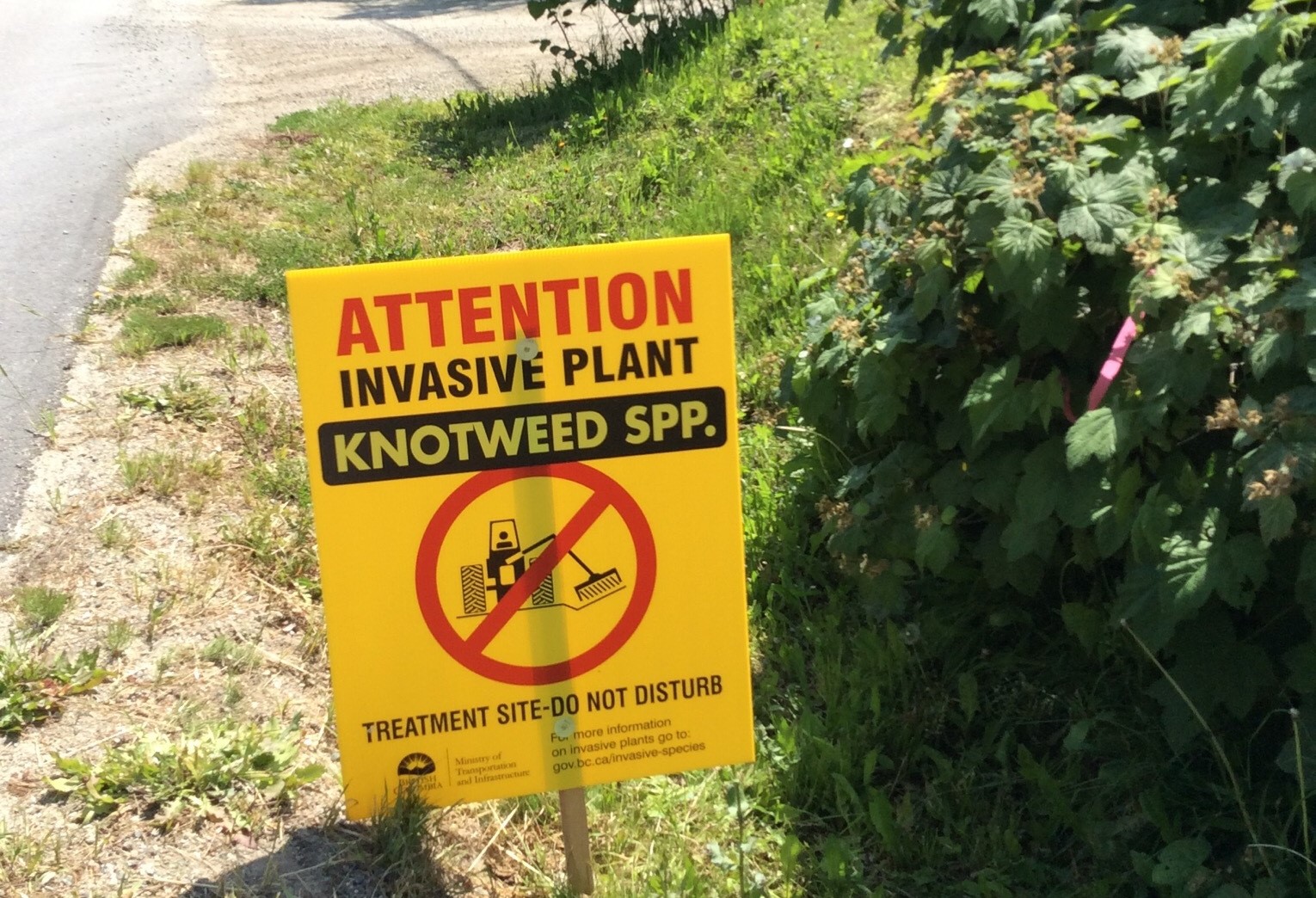
According to CKISS Executive Director Jennifer Vogel, “The #1 method of control is prevention. If we, as a community, can stop new infestations from becoming established, through proper treatment of knotweed and not planting it in the first place, we can avoid negative impacts to the environment and to the economy”.
Preventing further spread of knotweed has been a team effort in the Kootenay region. Both Emcon and YRB highway maintenance contractors, have been working closely with CKISS in order to follow best management practices for knotweed and other high priority invasive plants. Together we can prevent the spread!
For more information, contact Laurie Frankcom, Central Kootenay Invasive Species Society, at 844.352.1160 ext. 208 or lfrankcom@ckiss.ca
CKISS is a non-profit society that delivers education and awareness programs, and promotes coordinated management of invasive species in the Regional District of Central Kootenay and Regional District of Kootenay Boundary Area A and B. CKISS gratefully acknowledges the support of its funders, including the Ministry of Transportation and Infrastructure and Columbia Basin Trust.http://www.ckiss.ca

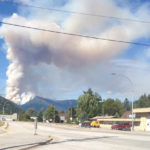
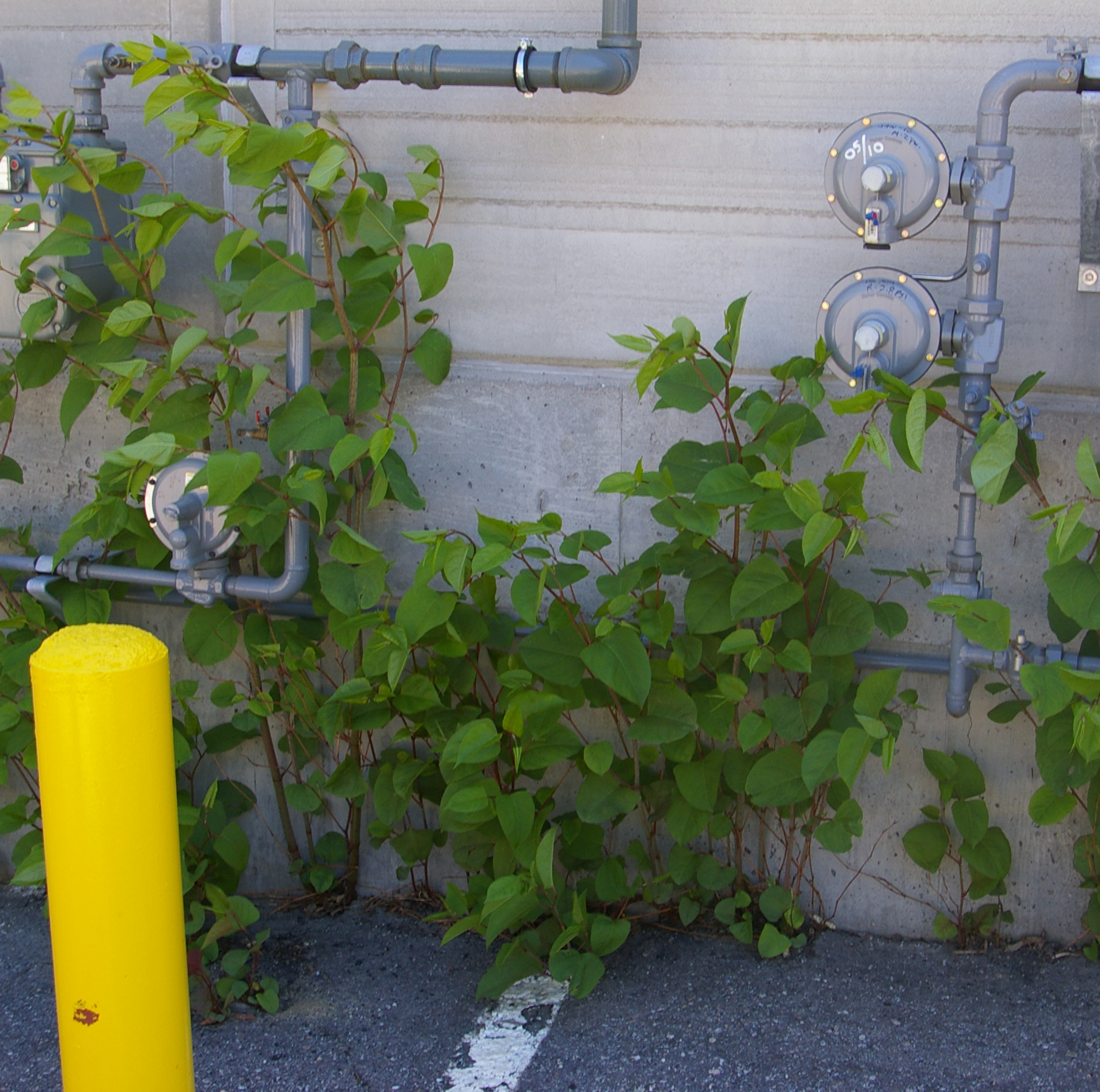

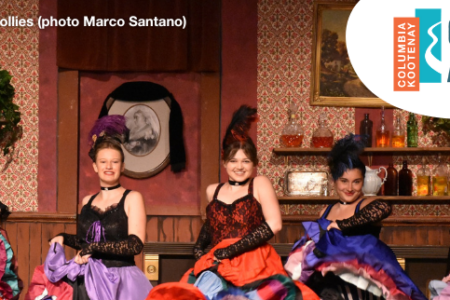
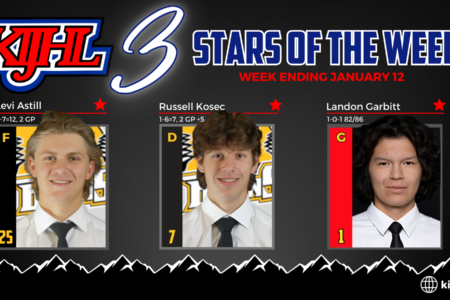
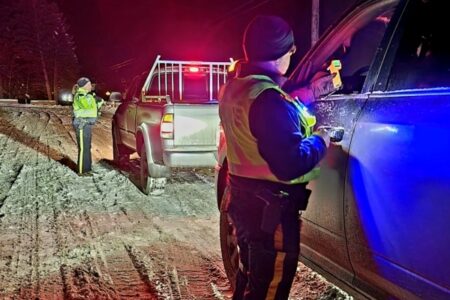


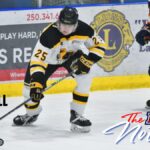
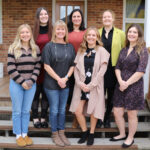





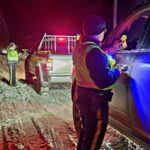





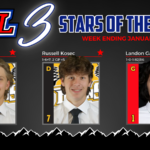
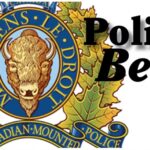
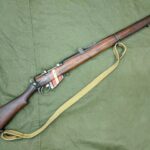
Comments